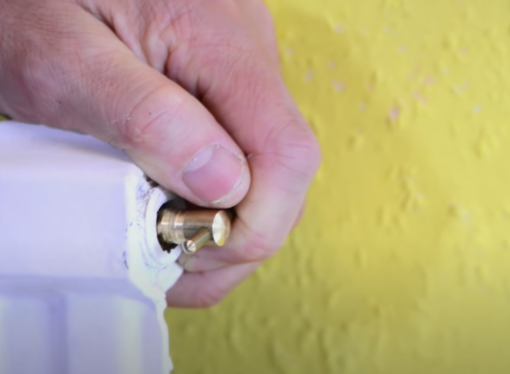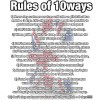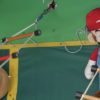A spectacular planetary alignment is set to grace UK skies (and across the world in fact) on the evening of Friday February 28, 2025, but it should peak on Sunday March 2nd in the UK, however, it will be weather dependent so keep an eye out for the clearest day. This is a once-in-a-decade event, so if you’re into astronomy (or just love a good celestial show), this is one you won’t want to miss!
What is a Planetary Alignment?
A planetary alignment occurs when several planets appear close together on one side of the Sun. Unlike a perfect straight line, this means they will all be visible in roughly the same part of the sky at the same time.
On February 28, seven planets will align just after sunset:
- 🌍 Mars
- 🌍 Jupiter
- 🌍 Saturn
- 🌍 Mercury
- 🌍 Neptune
- 🌍 Venus
- 🌍 Uranus
How to See It in the UK
👀 Visible to the naked eye: Mercury, Venus, Jupiter, and Mars.
🔭 Use binoculars/telescope: Uranus and Neptune.
⚠️ Tricky to spot: Saturn will be very close to the Sun, making it difficult to see (obviously, don’t look into the sun with binoculars/telescope).
With the New Moon occurring at the same time, this is the perfect opportunity to see fainter planets like Uranus and Neptune in dark skies.
Where & When to Look
⏳ Best Time: Just after sunset. Start scanning the sky as soon as the Sun dips below the horizon.
📍 Best Places: Open spaces with a clear view of the western horizon—parks, hills, and rural areas will give the best visibility.
Where Each Planet Will Be
- Mars – High in the sky, in Gemini.
- Jupiter – Below Mars, in Taurus.
- Uranus – Near the Taurus/Aries border.
- Venus – Brightest planet, low in Pisces.
- Neptune – Also in Pisces, but much fainter.
- Mercury – Close to the Sun in Aquarius, low on the horizon.
- Saturn – The hardest to see, as it sets shortly after the Sun.
A star-tracking app (like Star Walk 2 or Sky Guide) can help you pinpoint each planet’s exact location in your area.
Where can I learn more?
Final Tips
- ✅ Get outside early – Some planets set quickly after sunset.
- ✅ Find a dark-sky location – Light pollution will make it harder to see the fainter planets.
- ✅ Use binoculars for Uranus & Neptune – They won’t be visible to the naked eye.
- ✅ Check the weather – A clear sky is essential!
This rare alignment won’t happen again for years, so if the UK weather cooperates, don’t miss the chance to see it! 🌠✨
@bbcnews Stop what you’re doing and look up – the best chance to see as many planets as possible will be just after sunset on Tuesday, Wednesday, Thursday and Friday. #Mars #Jupiter #Uranus #Venus #Neptune #Mercury #Saturn #Space #Planets #PlanetaryParade #NightSky #BBCNews





























